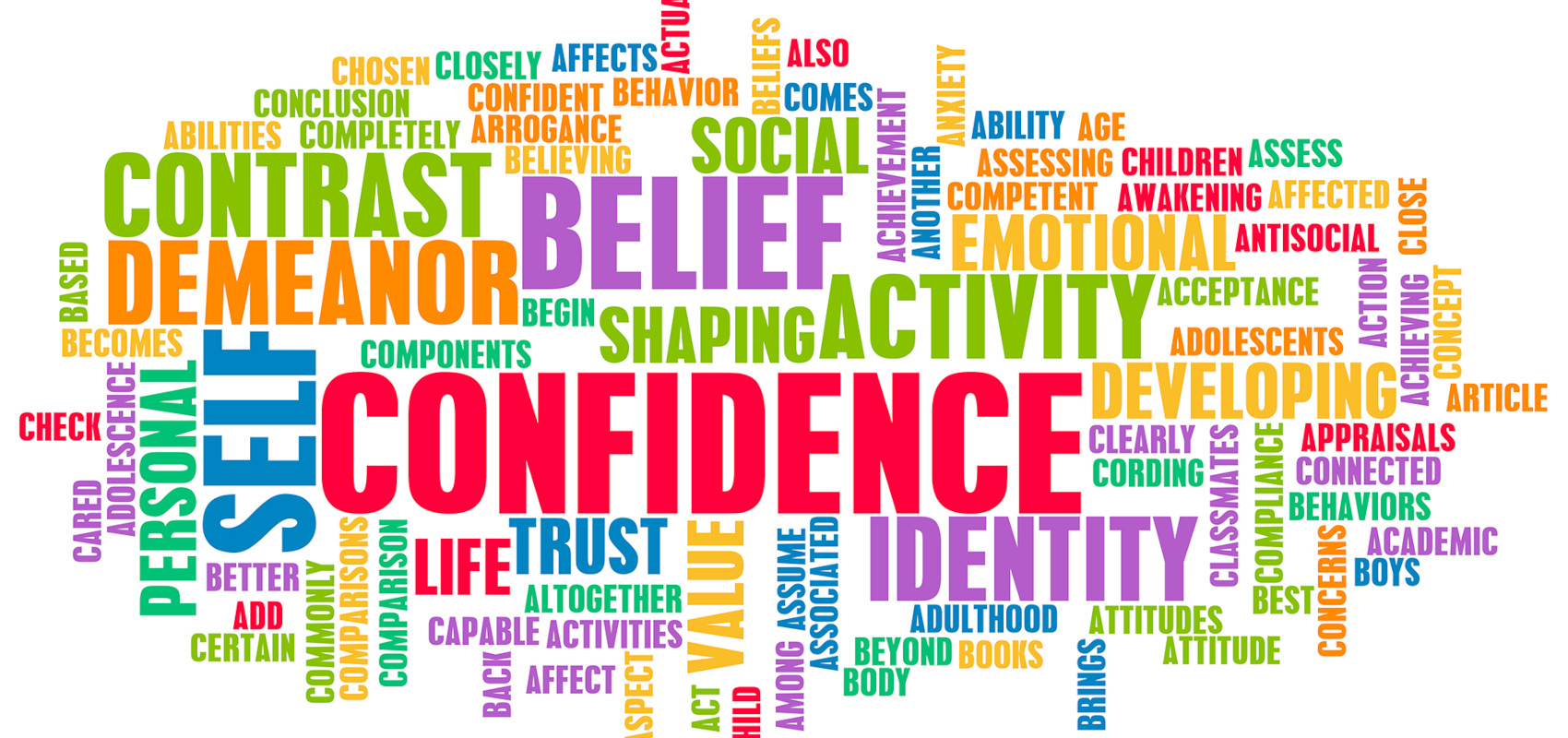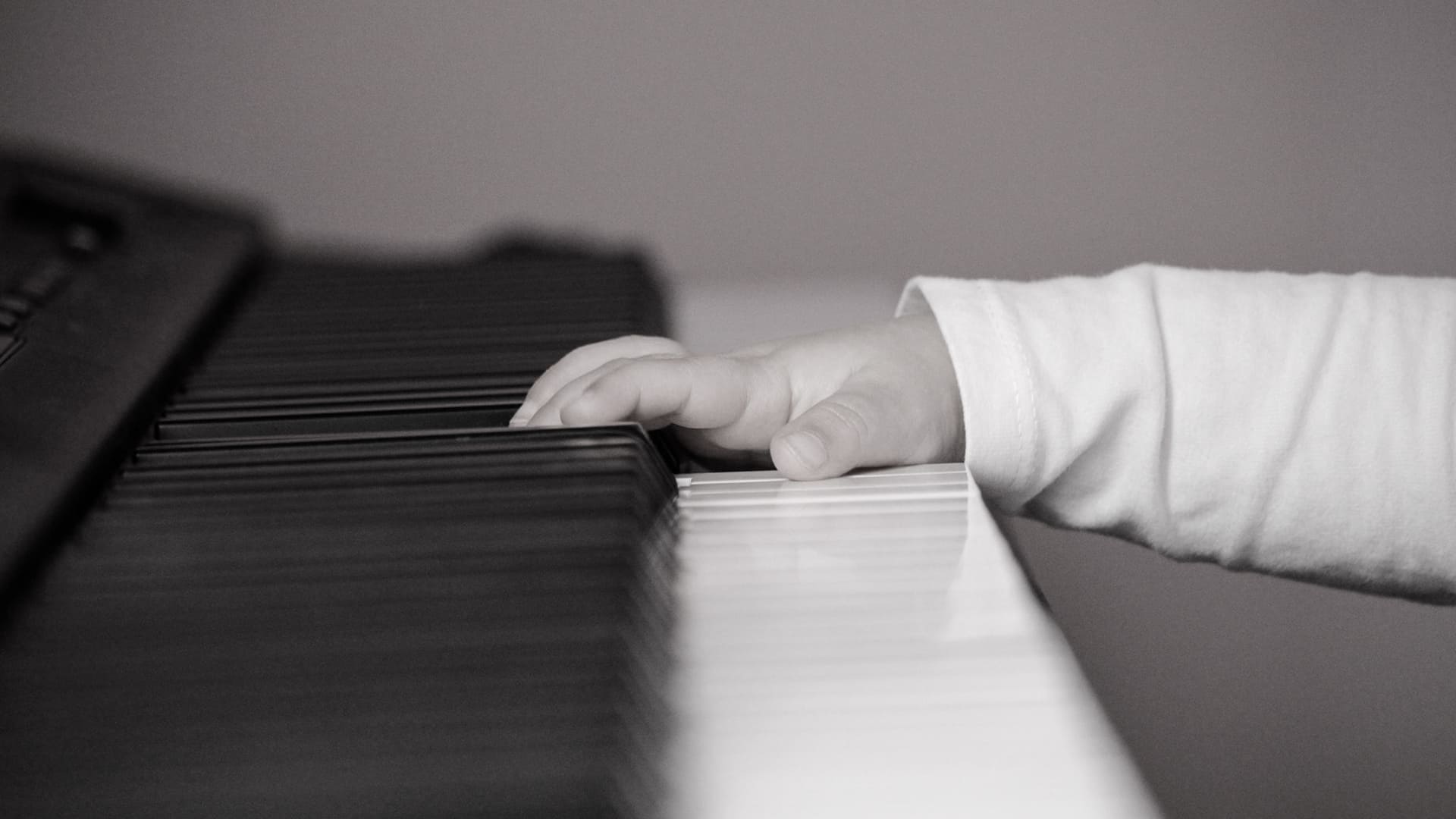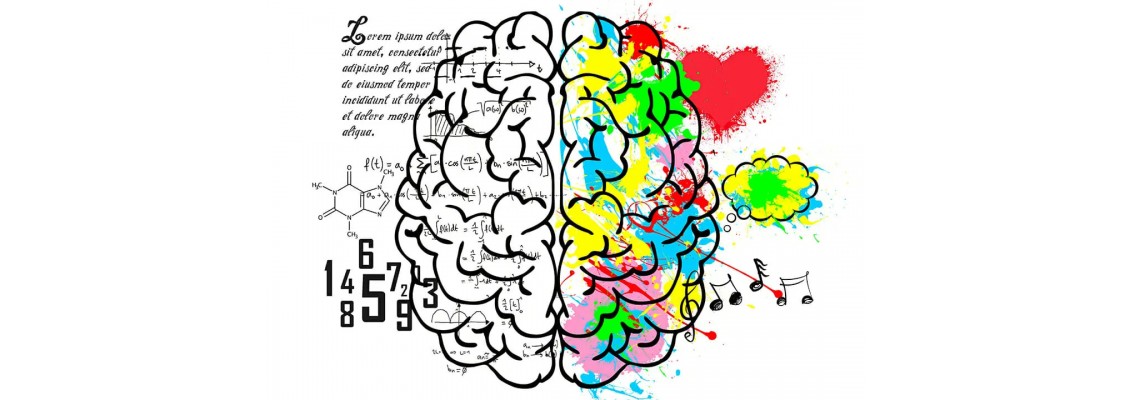
The Benefits of Learning a Musical Instrument: Mind, Body, and Soul

Music has a way of touching our lives in profound ways, stirring emotions and evoking memories. Beyond its beauty and entertainment value, learning a musical instrument offers a plethora of benefits that extend beyond the realm of mere enjoyment. In this article, we delve into the remarkable advantages of learning a musical instrument for the mind, body, and soul. Let's start with the mind, shall we......
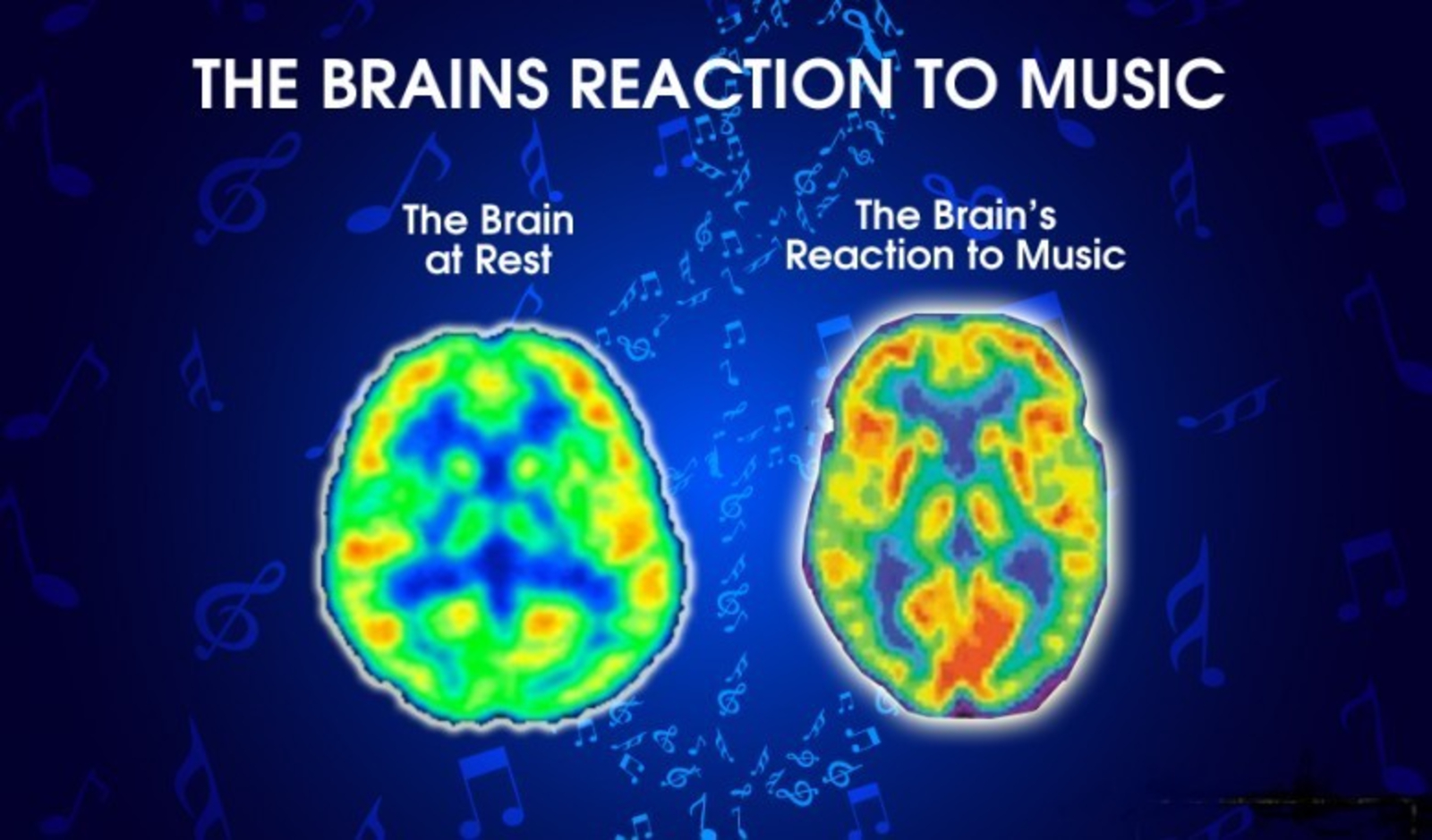
Look at those neurons!
Enhancing Cognitive Abilities:
Learning to play a musical instrument has a profound impact on cognitive abilities, reshaping and strengthening the brain in remarkable ways. Here are some key cognitive benefits:
- Memory Enhancement:
Playing a musical instrument engages various cognitive processes simultaneously, such as reading sheet music, memorising melodies, and coordinating finger movements. These activities exercise the memory systems of the brain, leading to improved memory capacity and recall. Musicians often develop exceptional auditory and visual memory skills, as they learn to remember complex musical compositions and recognise patterns in music.
- Attention and Focus:
Learning an instrument requires focused attention and concentration. Musicians train themselves to pay attention to multiple elements simultaneously, such as pitch, rhythm, tempo, and dynamics. This practice enhances the brain's ability to concentrate and filter out distractions, leading to improved attention span and the ability to maintain focus for extended periods of time.
- Problem-Solving Skills:
Music is a language of patterns and structures. When learning to play an instrument, musicians encounter various challenges and problems that require analytical thinking and problem-solving skills. Whether it's deciphering complex musical passages, improvising melodies, or overcoming technical difficulties, musicians develop a strategic approach to problem-solving. This ability to analyse, strategise, and find creative solutions extends beyond the realm of music and can be applied to other areas of life.
- Spatial Reasoning:
Playing certain instruments, such as the piano or guitar, involves reading sheet music and translating musical symbols into specific finger movements on the instrument. This process engages spatial reasoning skills, as musicians learn to navigate the instrument's layout, identify notes on the musical staff, and visualise hand positions. Spatial reasoning is crucial for understanding and interpreting visual information, and musicians tend to develop strong spatial abilities through their musical training.
- Creativity and Innovation:
Music is inherently creative, and learning to play an instrument nurtures creative thinking and innovative problem-solving. Musicians learn to interpret music, add personal expression, and experiment with different musical elements. They develop a keen sense of musicality, exploring melodies, harmonies, and rhythms to create their own unique interpretations. This creative mindset often spills over into other areas of life, inspiring innovative thinking and approaches to various challenges.
- Cognitive Flexibility:
Playing a musical instrument requires mental flexibility and adaptability. Musicians must switch between different musical styles, genres, and techniques, and they often encounter unexpected musical variations during performances. Adapting to these changes cultivates cognitive flexibility, allowing musicians to adapt quickly, make on-the-spot adjustments, and seamlessly transition between different musical contexts. This cognitive flexibility carries over into everyday situations, enabling musicians to adapt to new environments and tasks more effectively.
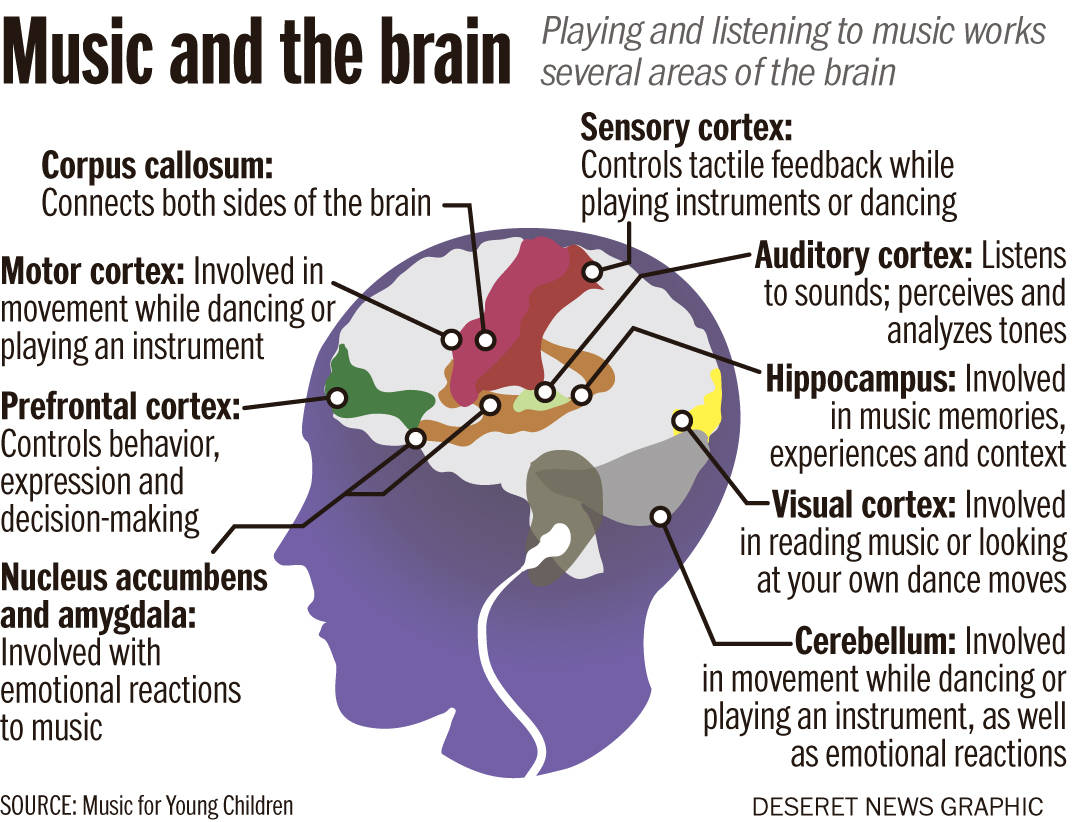
So! Unsurprisingly, learning a musical instrument is a cognitive workout for the brain. It enhances memory, attention, problem-solving skills, spatial reasoning, and cognitive flexibility. The mental demands of learning an instrument foster a resilient and agile mind, promoting lifelong cognitive health and enriching overall cognitive abilities. Embrace the journey of learning an instrument and unlock the full potential of your cognitive prowess.
Cultivating Social Connections
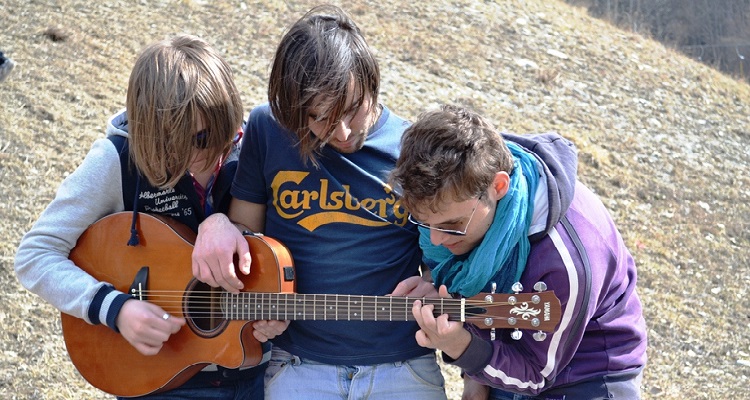
Let's look at how it helps the body shall we. Learning to play a musical instrument not only provides personal enrichment but also creates opportunities for meaningful social connections. Music is a universal language that brings people together, fostering collaboration, communication, and a sense of community. Here are some key social benefits:
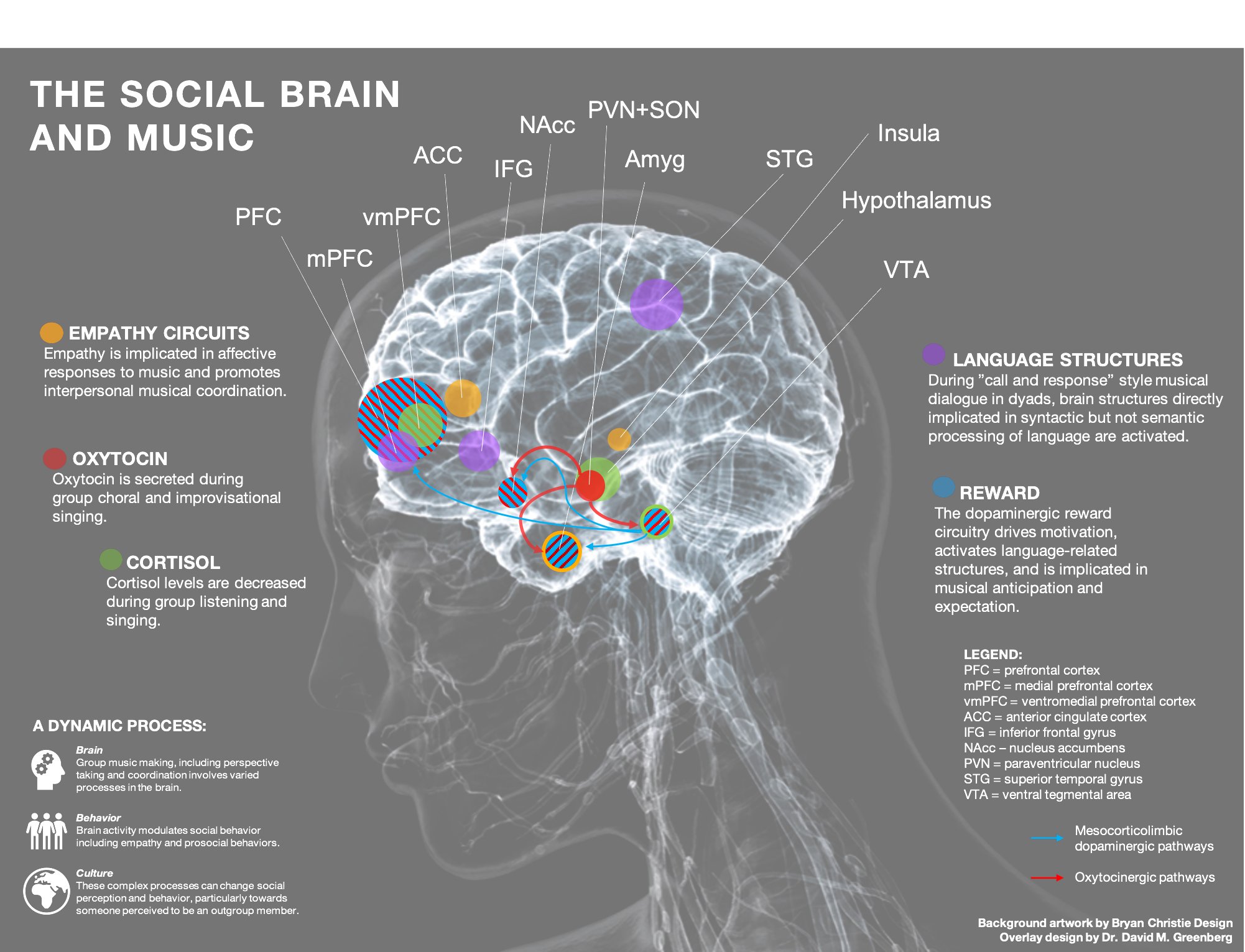
- Joining Musical Ensembles:
One of the great joys of learning an instrument is the possibility of joining musical ensembles such as bands, orchestras, choirs, or small groups. These collaborative settings allow musicians to connect with others who share their passion for music. Being part of a musical ensemble promotes teamwork, cooperation, and the opportunity to learn from and inspire one another. It creates a supportive and encouraging environment where musicians can grow together and develop their musical skills.
- Shared Musical Experiences:
Playing music with others creates a unique bond and shared experiences. Whether it's jamming sessions, rehearsals, or performances, the process of making music together fosters a sense of camaraderie and unity. Musicians understand and appreciate the dedication, discipline, and creativity required to create beautiful music. Shared musical experiences can lead to lasting friendships, as they provide a foundation for connection and mutual understanding.
- Musical Communities and Events:
Learning a musical instrument opens the door to engaging with local musical communities and events. Music schools, workshops, concerts, open mic nights, and music festivals are spaces where musicians can come together, network, and build connections with like-minded individuals. These gatherings provide opportunities to learn from experienced musicians, collaborate on projects, and broaden musical horizons.
- Cultural Exchange:
Music transcends cultural boundaries and creates a platform for cultural exchange and understanding. Learning and playing different genres of music expose musicians to diverse musical traditions, styles, and perspectives from around the world. This exposure enhances cultural sensitivity and fosters appreciation for different cultures and musical heritage. Playing music with musicians from different backgrounds can lead to deep connections, mutual respect, and a broader worldview.
- Support and Encouragement:
Within the musical community, musicians often find support and encouragement from peers and mentors. Learning an instrument can be challenging at times, but having a network of fellow musicians can provide guidance, motivation, and inspiration. Feedback and constructive criticism from others can help musicians grow and improve their skills. The support system within the musical community creates a positive and nurturing environment for personal and musical development.
- Performing for an Audience:
Performing music in front of an audience is an exhilarating experience that allows musicians to connect with listeners on an emotional level. Whether it's a small gathering, a local venue, or a grand concert hall, performing provides a platform for musicians to share their talent, passion, and musical expression. It creates a unique bond between the performer and the audience, fostering a sense of connection and shared appreciation for the art of music.

Obviously learning a musical instrument creates opportunities for social connections and community engagement. Joining musical ensembles, participating in musical events, and connecting with fellow musicians allows for collaboration, cultural exchange, and shared experiences. These social connections not only enhance the musical journey but also enrich our lives by fostering friendship, support, and a sense of belonging. So, embrace the communal power of music, and let it bring you closer to a vibrant and inclusive musical community.
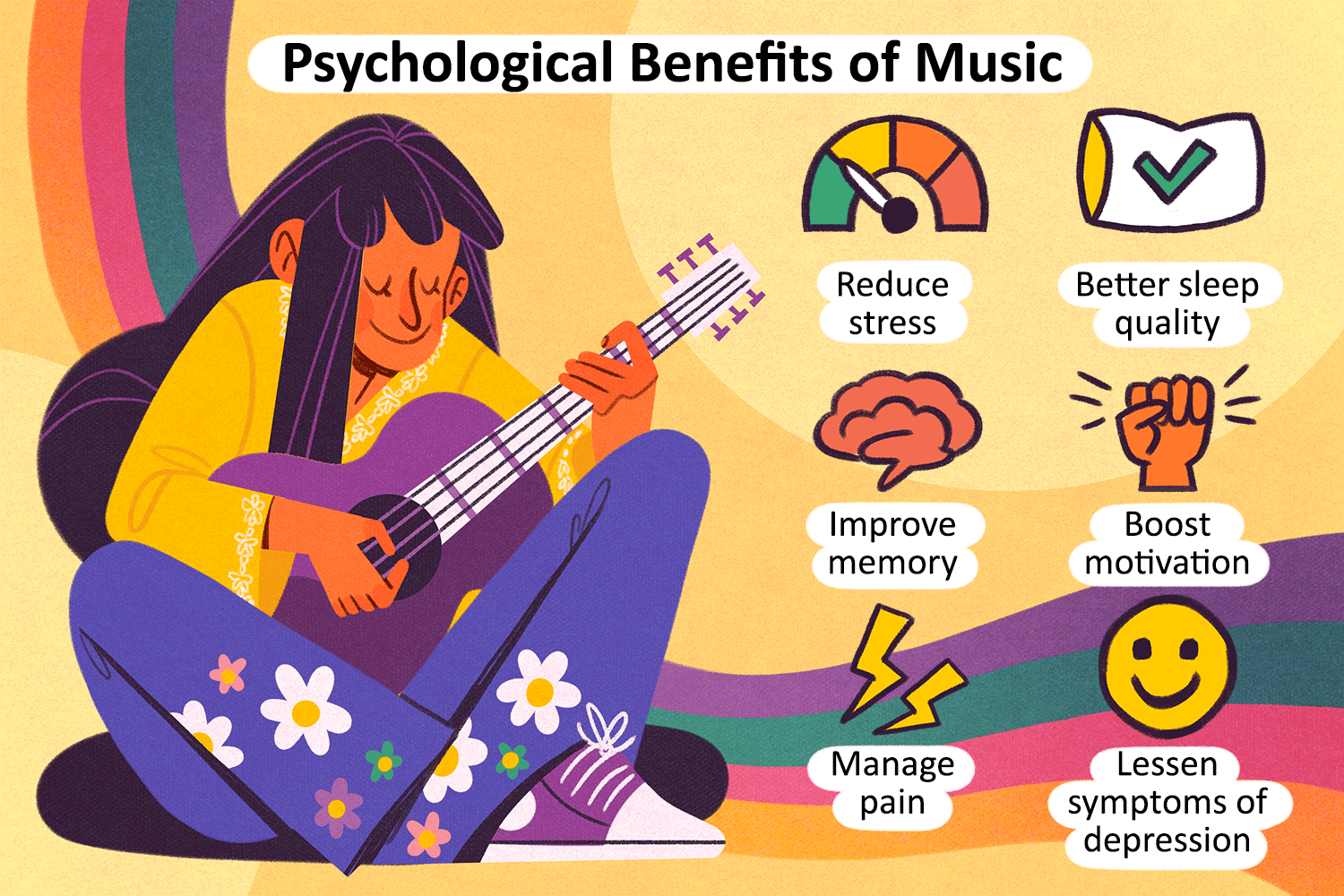
- Emotional Expression
- Stress Reduction:
- Emotional Release:
- Mood Enhancement:
- Connection and Empathy:
- Self-Exploration and Reflection:
